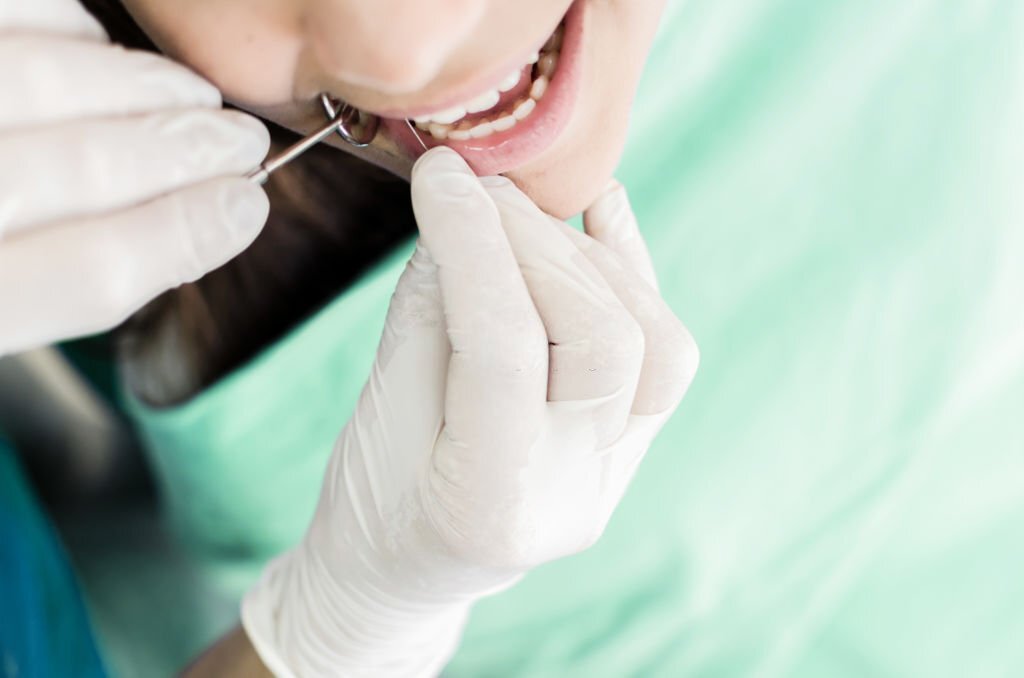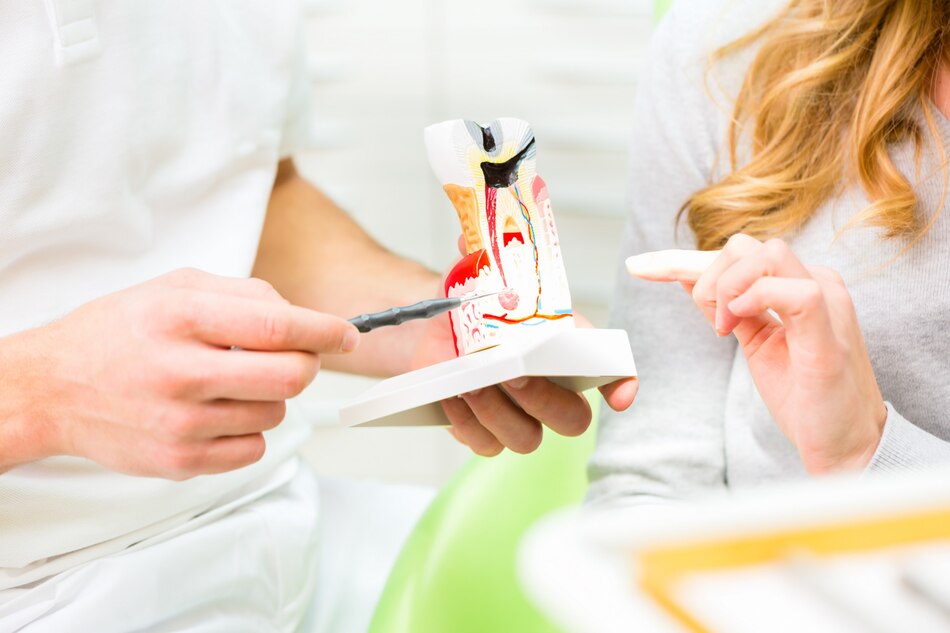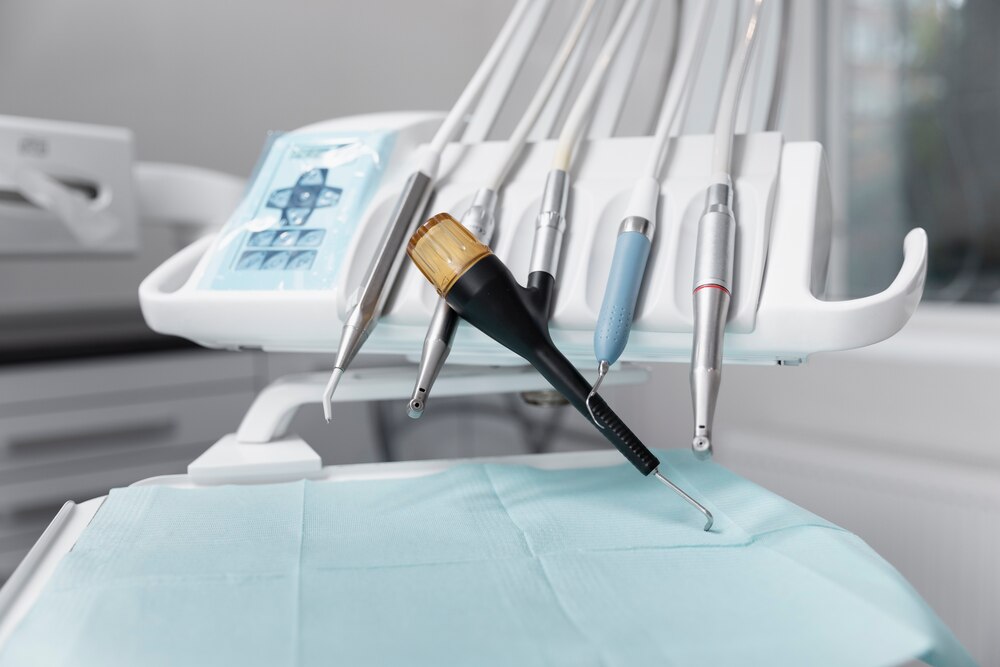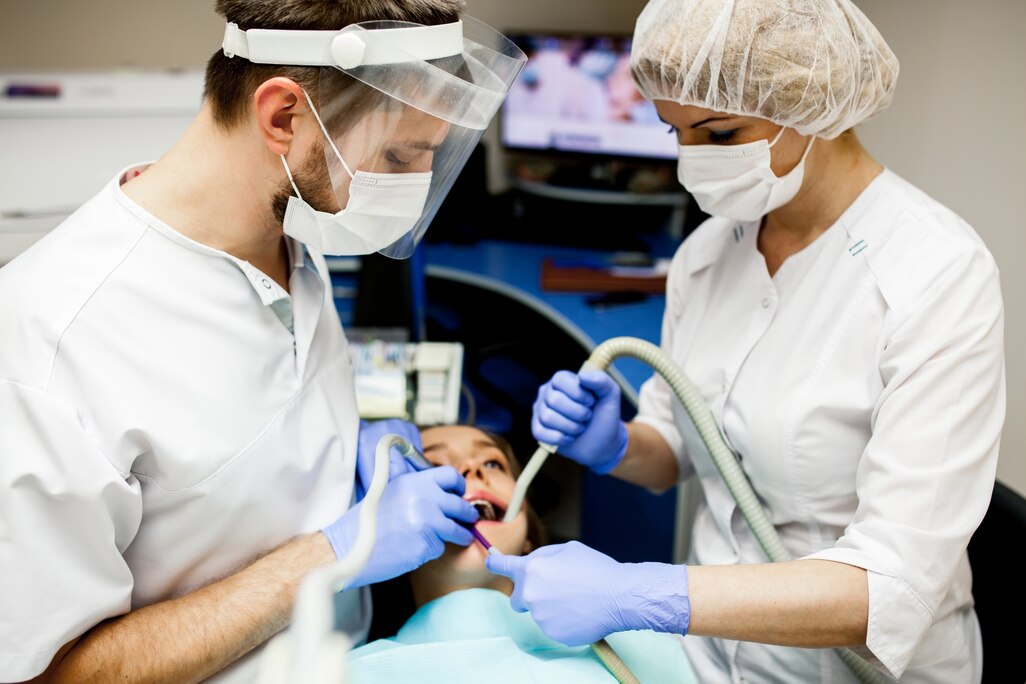When and Why Dentists May Remove an Infected Tooth
Dental infections can be a painful and concerning experience, often requiring prompt intervention from dental professionals. One of the potential treatment options for an infected tooth is its removal. While dentists strive to save teeth whenever possible, there are certain cases where emergency wisdom tooth extraction near me becomes necessary.
In this blog, we will discover dental care, exploring when and why dentists may remove an infected tooth. So read to learn more about will a dentist remove an infected tooth.
Understanding Dental Infections
To comprehend the need for tooth extraction, it is crucial to understand dental infections. Typically, these infections occur when bacteria invade the tooth’s pulp, leading to inflammation, pain, and potential complications. Furthermore, common causes include deep decay, trauma, cracked teeth, or failed previous dental procedures. Without appropriate treatment, the infection can spread to surrounding tissues, causing abscesses, bone loss, and further oral health issues.
Factors Influencing Tooth Extraction
The severity of the Infection
The extent and severity of the dental infection play a vital role in determining whether extraction is necessary. If the infection has progressed extensively or is recurring despite previous treatment. Similarly, removal might be the best course of action.
Structural Damage
If the infected tooth has suffered severe structural damage that compromises its stability or cannot be effectively restored through other treatments. In this case, an extraction might be recommended.
Risks of Spreading Infection
In some cases, a tooth infection can pose a risk of spreading to other parts of the body, especially for individuals with weakened immune systems. Dentists may opt for extraction to prevent systemic complications.
Periodontal Disease
When a dental infection is accompanied by advanced periodontal disease, where the supporting tissues and bones around the tooth are significantly damaged, extraction may be necessary to preserve overall oral health.
Alternative Treatments
It is important to note that dentists always explore conservative treatments before considering tooth extraction. Some alternative options include:
Root Canal Treatment
This procedure involves removing the infected pulp from the tooth, cleaning the root canal, and sealing it to prevent reinfection. Root canal treatment aims to save the natural tooth.
Antibiotics and Drainage
In certain cases, dentists may prescribe antibiotics to control the infection and perform an incision or drainage procedure to alleviate pain and promote healing.
The Tooth Extraction Process
When the dentist tooth removal near me is deemed necessary, dentists follow a meticulous process to ensure patient comfort and successful outcomes. This process involves:
Local Anesthesia
Prior to extraction, the dentist administers local anesthesia to numb the area surrounding the affected tooth, ensuring a painless experience.
Extraction Techniques
Dentists employ various extraction techniques depending on the tooth’s condition, such as simple extraction for visible teeth or surgical extraction for impacted or severely damaged teeth.
Aftercare and Tooth Replacement
After extraction, dentists provide detailed aftercare instructions, including pain management and maintaining oral hygiene. Moreover, they may also discuss tooth replacement options like dental implants, bridges, and implants.
Precaution is Necessary
Before you decide to take any necessary action about your dental care, it’s important you consult with a dentist. Moreover, never take a risk, and if you feel any sort of pain or symptoms, consult with a dentist and you are good to go.





